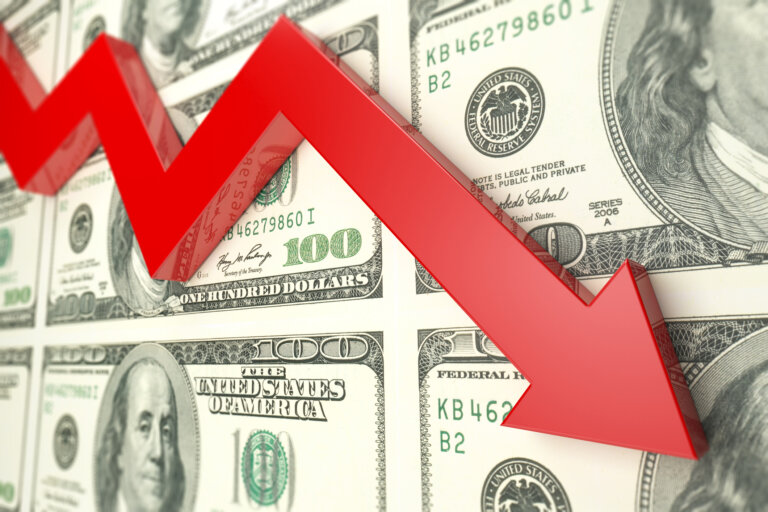In the world of investments, the allure of high returns can be captivating. However, the landscape is often marred by high-yield investment frauds that promise more than they can deliver. As an investment fraud law firm based in Florida, we understand the complexities and risks associated with these too-good-to-be-true offers. It’s essential for investors to recognize the signs of these scams to protect their hard-earned money. We hope to shed light on the nature of high-yield investment fraud, helping you identify and steer clear of potential financial pitfalls.
Understanding High-Yield Investment Fraud
High-yield investment fraud is a deceptive practice that lures investors with the promise of exceptionally high returns on their investments. Commonly, these schemes are characterized by assurances of low risk and high rewards, often with little to no verifiable evidence to support these claims. Ponzi and pyramid schemes are prime examples, where returns for older investors are paid out from the capital of newer investors, creating a false sense of security and profitability. These types of frauds typically collapse when it becomes impossible to recruit new investors or when a large number of investors ask to cash out.
The success of high-yield investment frauds heavily relies on exploiting investors’ desire for quick and significant returns on their capital. Fraudsters often use sophisticated marketing tactics and manipulative sales pitches to create a sense of urgency and scarcity, pressuring investors to make hasty decisions. They prey on the lack of financial understanding and the innate human tendency to jump at seemingly lucrative opportunities. Unfortunately, these scams result in substantial financial losses for most participants, with the promise of high returns never materializing.
Red Flags of High-Yield Investment Scams
Identifying red flags is crucial in avoiding high-yield investment frauds. One of the most glaring warning signs is the guarantee of exceptionally high returns with little or no risk. Investments typically follow the principle that higher returns come with higher risks. Therefore, any offer that defies this basic tenet of investing should be approached with skepticism. Other red flags include overly consistent returns, which in the world of investing, where market fluctuations are a norm, should raise suspicions. Additionally, pressure to invest quickly and secrecy surrounding investment strategies are telltale signs of a potential scam.
Another major red flag is the lack of proper registration or information about the investment or the people behind it. Legitimate investments and firms are usually registered with financial regulatory bodies, and this information should be readily available and verifiable. Moreover, unsolicited investment offers, often via email or phone, should be treated with caution. These offers are frequently the front for fraudulent schemes, using high-pressure tactics and too-good-to-be-true promises to lure unsuspecting investors. Being aware of these warning signs can help you steer clear of fraudulent investment traps.
Legal Recourse and Protection
If you fall victim to high-yield investment fraud, there are legal recourses available to help you recover your losses. An experienced investment fraud attorney can guide you through the process, which often involves litigation or arbitration. These legal professionals can help in identifying the fraudulent parties and in navigating the complex legal framework surrounding investment fraud. Additionally, various laws and regulations, like the Securities Act of 1933 and the Securities Exchange Act of 1934, provide a basis for legal action against fraudulent investment schemes. These laws aim to protect investors by ensuring transparency and accountability in the financial markets.
Preventative Measures
To safeguard against high-yield investment fraud, it’s essential to conduct thorough due diligence before investing. This involves researching the investment opportunity, verifying its legitimacy, and understanding the associated risks. It’s advisable to consult with financial advisors and legal professionals who can provide an objective assessment. Be wary of unsolicited offers and pressure to invest quickly. Ensure that the investment and its promoters are registered with relevant financial regulatory authorities. Educating yourself about common investment scams and staying informed about the latest fraud trends are also vital steps. By being cautious and well-informed, you can significantly reduce the risk of falling prey to investment fraud.
Contact an Experienced Investment Fraud Attorney
Understanding and recognizing the signs of high-yield investment fraud is imperative to protect your financial interests. While the allure of high returns is tempting, staying vigilant and informed is your best defense against these deceptive schemes. If you have concerns about an investment or have already been affected by a fraudulent scheme, do not hesitate to contact Van Elswyk Law. Our team is dedicated to providing you with the guidance and support you need to navigate these challenging situations.

